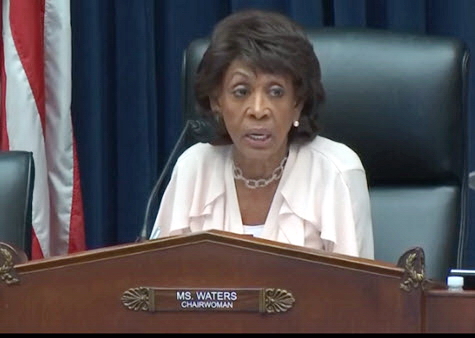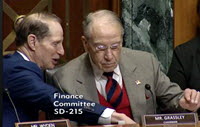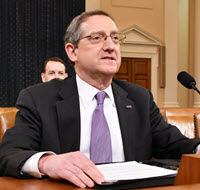
Reforms to the Volcker Rule, which aimed to restrict proprietary trading practices at banks, received final approval Oct. 8 by the Federal Reserve and four other regulatory agencies. (AP, Oct. 8)
- The final Rule – expected to enhance liquidity to commercial mortgage-backed securities (CMBS) markets – takes effect on January 1, 2020 with a compliance date of January 1, 2021. (Federal Reserve, Oct. 8)
- Under the revised Rule, firms that do not have significant trading activities will have simplified and streamlined compliance requirements, while firms with significant trading activity will have more stringent compliance requirements. Community banks generally are exempt from the Volcker rule by statute. The revisions continue to prohibit proprietary trading, while providing greater clarity and certainty for activities allowed under the law.
- The final Rule represents the most significant revision to date of the original 2013 Volcker Rule regulations. The Roundtable has long advocated revisions to the Volcker rule, raising concerns about how it could “negatively impact liquidity and capital formation in commercial real estate.”
- Real Estate Roundtable President and CEO Jeffrey DeBoer commented on the Volker Rule changes. “This positive action will benefit liquidity and the commercial mortgage backed securities market, potentially increasing investment in job-creating construction activities,” DeBoer said. (Roundtable Weekly, June 1, 2018)
- The revisions are expected to make it easier for ‘banking entities’ to hold and trade CMBS and could enhance market liquidity. Commercial banks and CMBS are two of the top sources of private debt for commercial and multifamily real estate.
The changes were jointly developed by the Federal Reserve Board, the Commodity Futures Trading Commission, the Federal Deposit Insurance Corporation, the Office of the Comptroller of the Currency, and the Securities and Exchange Commission.
# # #









